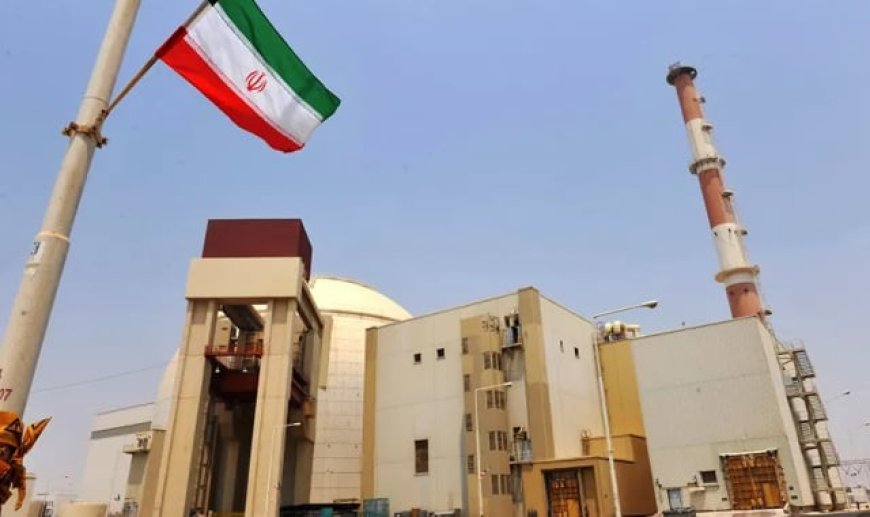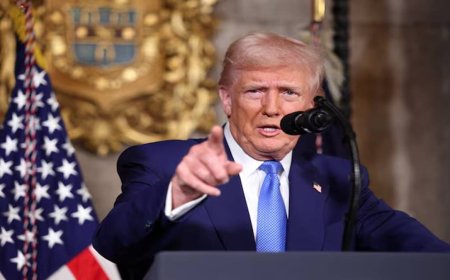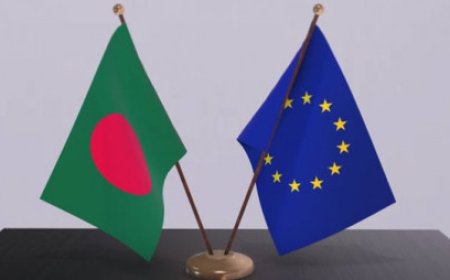France Threatens Sanctions on Iran Over Stalled Nuclear Deal
France Threatens Sanctions on Iran Over Stalled Nuclear Deal

France, Germany, and the UK Ready to Reimpose Sanctions on Iran Over Nuclear Threat
France, Germany, and the United Kingdom have signaled their readiness to reimpose sanctions on Iran if its nuclear program poses a threat to European security, French Foreign Minister Jean-Noel Barrot stated at the United Nations on Monday.
Speaking after a closed-door Security Council session on nuclear non-proliferation, Barrot warned that "Iran has breached all commitments it had agreed to," and is now "on the brink of acquiring nuclear weapons." He emphasized that while there is no military solution to the issue, diplomacy remains possible—though the window for negotiation is narrow.
Barrot expressed cautious optimism over the ongoing talks between Tehran and Washington, noting that the European trio remains in close coordination with U.S. Secretary of State Marco Rubio. These high-level discussions—some of the most significant in years—aim to prevent Iran from developing nuclear weapons, in exchange for easing sanctions, an objective Iran continues to deny pursuing.
He recalled that the U.S. previously withdrew from a multilateral nuclear accord under President Trump, and that both the U.S. and Israel have since issued repeated military threats against Iran.
Barrot warned that if European security is not assured by the time the nuclear deal expires, France, Germany, and the UK would "not hesitate for a second" to reinstate the sanctions lifted a decade ago. His remarks followed recent calls from Secretary Rubio urging the Europeans to consider triggering the 2015 deal’s "snapback" mechanism—set to expire in October—which would automatically reimpose UN sanctions for Iranian non-compliance.
Such a move could be economically devastating for Iran, Barrot acknowledged, but stressed that avoiding this outcome requires immediate action from Tehran: “This is not the outcome we seek, and that is why I urge Iran to take the necessary steps today.”
Currently, Iran enriches uranium to 60% purity—far exceeding the 3.67% cap set by the 2015 agreement, though still under the 90% threshold needed for weapons-grade material.
Joining Barrot at the UN, IAEA Director Rafael Grossi underscored the urgency of reaching an agreement with Iran: “It’s not a matter of months or years, but perhaps weeks, to achieve a realistic, peaceful outcome and avoid the threat of further military conflict.”
What's Your Reaction?





















































































